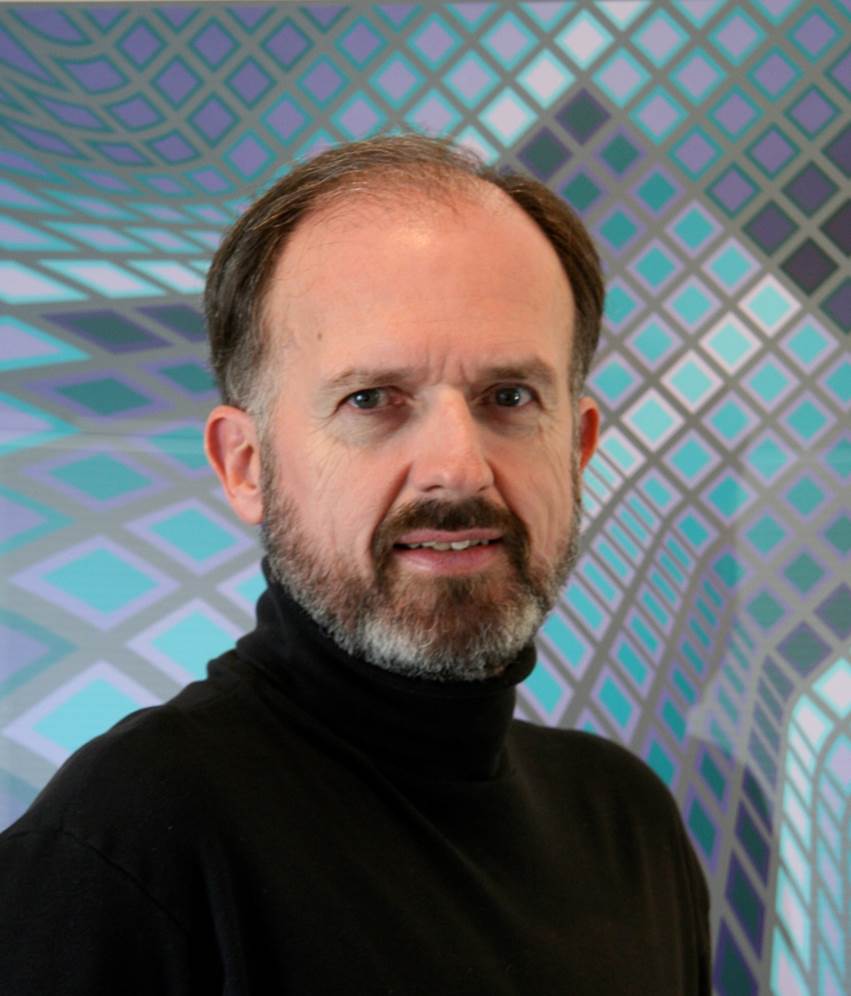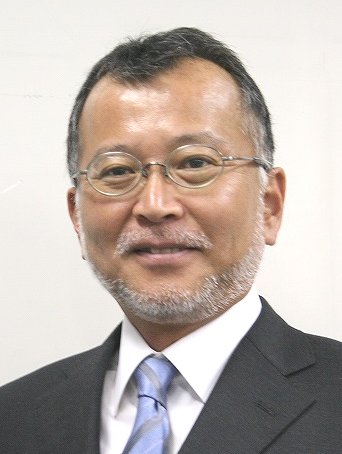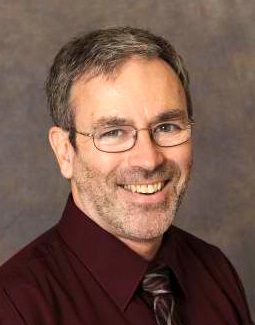 Home
Home
 Registration
Registration
 Program
Program
 Calls
Calls
 Workshop
Workshop
 Tutorials
Tutorials
 Program Committee
Program Committee
 Organization
Organization
 Call for Sponsors
Call for Sponsors
 Venue
Venue
#splc2013 tweets
Keynotes
|
Richard N. Taylor - "The Role of Architectural Styles in Successful Software Ecosystems"
Wednesday, Aug 28
| |
|
Abstract
Software ecosystems are complex systems composed of multiple independent elements interacting with the system as a whole and with each other. "Success" for an ecosystem may be judged primarily in economic terms, but may alternatively be assessed with regard to other qualities, such as reduced time-to-market, widespread use, or adaptability. Example successful ecosystems include iOS apps, Photoshop Lightroom plug-ins, RESTful web services, and numerous e-commerce systems. This talk will examine the critical role that architectural styles play in making and sustaining successful ecosystems. Architectural styles are sets of design decisions applicable to a particular context, constraining development within that context, and yielding beneficial qualities. Styles carry lessons learned through experience, aid communication, provide vocabulary, and speed design. Most importantly, they can be key elements in maintaining conceptual integrity. After examining the role of styles in several ecosystems, the talk will focus on the particular problems of ecosystems in which some participants may malicious, or where high degrees of customization or adaptability are required.
Bio
|

|
|
Masahiro Goto - "Innovation of Automotive Software Development"
| |
|
Abstract
Automotive electronics systems are getting lager and more complex. And it requires more software capability. The presentation shows automotive software trend and features. Then it shows DENSO's activities to realize more efficient software development.
Bio
|

|
|
James Cordy - "Submodel Pattern Extraction for Simulink Models"
| |
|
Abstract
Long before MDE became a popular method for software development, Simulink was firmly established as a tool for model-driven development of hybrid industrial systems. While practical and expressive for model creation and reuse, Simulink lacks for good abstraction mechanisms, and copy-paste-modify is a standard paradigm in Simulink development, leading to large numbers of variants of similar submodels. SIMONE is a framework and tool for automatically identifying, classifying and formalizing submodel patterns in Simulink models, using near-miss clone detection to find similarities and model merging to identify points of variance. The result is a set of submodel patterns which can be used as a reference for variance in the models, supporting consistency analysis, test optimization, fault identification and the disciplined generation of new subsystem instances using feature selection.
Bio
|

|
